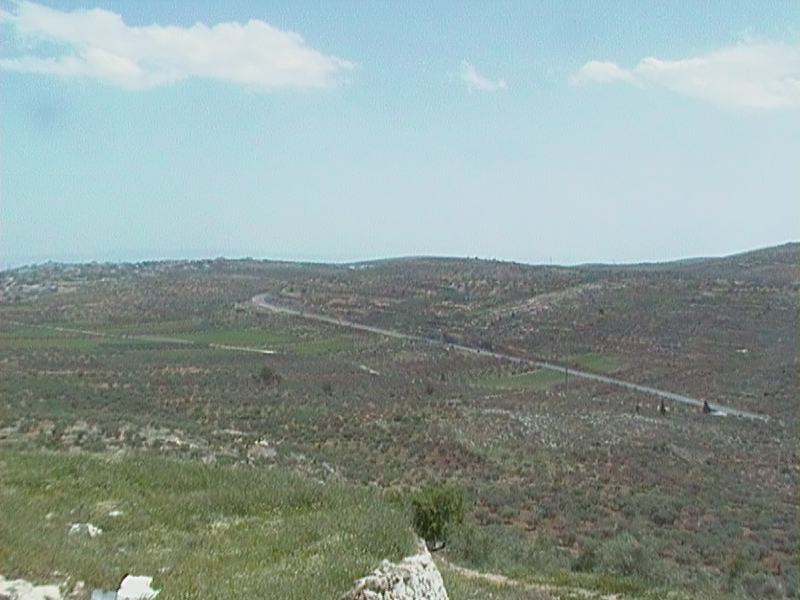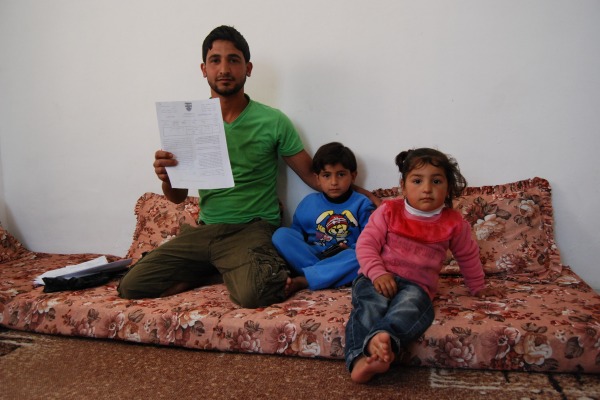-
Arrests and stolen land in Osarin village
10th April 2014 | International Solidarity Movement, Nablus Team | Osarin, Occupied Palestine In the last month, the Israeli army has arrested 10 boys under the age of 16 from Osarin village. As of today, they all remain in the prison. This is the latest in a long line of tactics employed by the Israeli military […]
-
Settler shoots Palestinian as he tries to repair his car
9th April 2014 | International Solidarity Movement, Nablus Team | Urif, Occupied Palestine On Sunday 30th March on the road to Madama (near Nablus), 25-year-old Nidal, from the village of Urif, was fixing his car when a settler with a handgun shot him in the leg. 12 years ago, in the same area, Nidal and two […]
-
Young family threatened by house demolition
8th April 2014 | International Solidarity Movement, Khalil Team | Idhna, Occupied Palestine After just three weeks in their new home, the Slemiah family from the village of Idhna have received a demolition order from the Israeli army. The newly built house is on land which has been owned by the family for centuries, and the […]
Action Alert An Nabi Saleh Apartheid Wall Arrests BDS Bethlehem Bil'in Cast Lead Demonstration Denial of Entry Ethnic Cleansing Farmers Gaza Global Actions Hebron House Demolition International law Israeli Army Jerusalem Live Ammunition Nablus Ni'lin Prisoner Ramallah Rubber-coated steel bullets Settlement Settlers Settler violence Tear-Gas Canister Video



